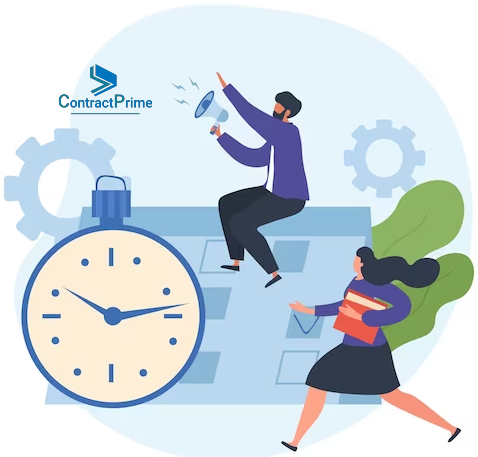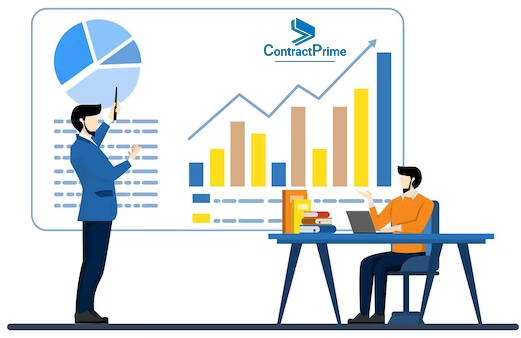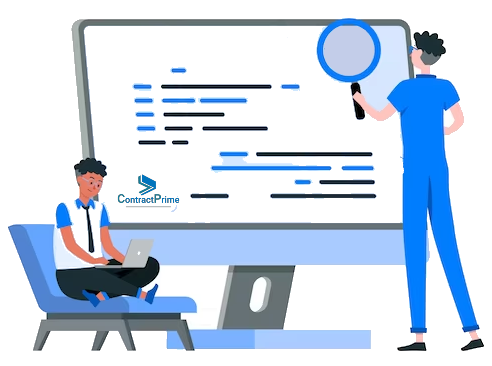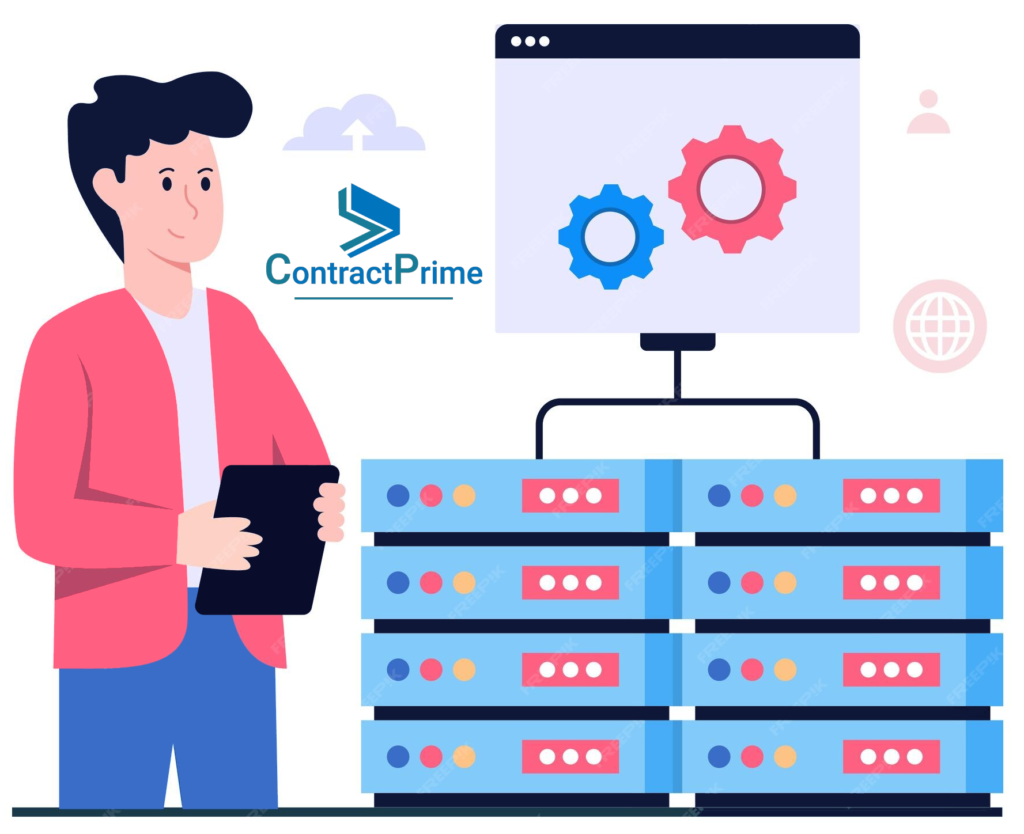
Contracts are the backbone of business operations, governing relationships with suppliers, customers, employees, and stakeholders. Effective contract management is paramount to success. In this comprehensive guide, we’ll delve into the fundamentals of Contract Lifecycle Management (CLM), its significance, and how it can streamline your business processes.

Written by Knowledge Team, posted on October 18, 2023
Contract Lifecycle Management or CLM, is the systematic and strategic approach to managing an organization’s contract lifecycle, from creation and negotiation to execution and analysis. It encompasses the entire journey of a contract, from its inception to expiration or renewal. CLM tools and processes are designed to optimize every stage of the contract lifecycle.
CLM is your safeguard against legal and financial risks by ensuring contract compliance with laws and regulations, reducing errors, and preventing disputes.
It results in cost savings by automating manual tasks, streamlining negotiations, and preventing revenue leakage.
Contract Automation accelerates contract creation, approval, and execution, allowing your team to concentrate on high-value tasks.


It enforces compliance with internal policies and external regulations, ensuring ethical operations and avoiding legal complications.
CLM offers a centralized contract repository, enhancing visibility into performance, deadlines, and obligations.
The journey begins with the need for a contract, followed by defining its objectives and terms.
This stage involves crafting the contract document with agreed-upon terms, clauses, and provisions.
Parties negotiate terms until an agreement is reached.
The contract is reviewed, approved, and signed by both parties.


CLM ensures parties fulfill their responsibilities during the contract term.
It tracks contract expiration dates and manages renewals or terminations.
Data from the CLM system is analyzed to assess contract performance and identify areas for improvement.
To efficiently manage contracts:
Understand your organization’s specific contract requirements.
Choose a CLM solution that aligns with your needs, considering scalability, user-friendliness, and integration capabilities.
Develop standardized contract templates for consistency and efficiency.
Automate repetitive tasks like approvals and notifications to save time and reduce errors.


Store all contracts in a secure, centralized repository for easy access and management.
Use the CLM system to ensure compliance with internal and external regulations.
Provide training and resources for effective CLM system utilization.
Employees may resist new software and processes. Effective change management strategies can help with adoption.
Protecting sensitive contract data is paramount. Implement robust security measures.
Ensuring CLM systems integrate with other tools used in your organization can be challenging but essential.
Managing a high volume of contracts in large organizations can be challenging. Streamlined processes can help.


CLM reduces the time and effort required to manage contracts, enhancing productivity.
Standardization and automation minimize legal and financial risks.
Improved contract management results in cost savings.
CLM provides greater visibility into contracts, allowing better control.
The world of Contract Lifecycle Management has been revolutionized by technology. Contract Management Software(CMS) solutions simplify and enhance contract management. Key benefits and features of CMS:
CMS automates tasks from contract creation to renewal, making the process efficient.
Automation minimizes human errors, ensuring more accurate contracts.
CMS often includes collaboration features for multiple stakeholders to work on contracts simultaneously.


Contracts are stored securely, reducing the risk of data loss.
Advanced CMS systems offer contract analytics and reporting tools for contract performance assessment.
Many CMS solutions include compliance tracking features to ensure contract adherence to legal and regulatory requirements.
As businesses expand and grow more complex, Contract Management Software becomes invaluable for maintaining control and visibility over contracts. It’s worth exploring CMS options to find the best fit for your organization’s needs.
In conclusion, Contract Lifecycle Management is an indispensable practice for businesses of all sizes. By understanding its significance, implementing an efficient CLM system, and exploring Contract Management Software, you can elevate your contract management into a strategic asset that enhances efficiency and reduces operational risks. As your business continues to grow and evolve, the effective management of contracts through CLM and the use of Contract Management Software will become invaluable for maintaining control and visibility over your contractual agreements. Don’t hesitate to explore the many CMS options available to find the best fit for your organization’s unique needs.